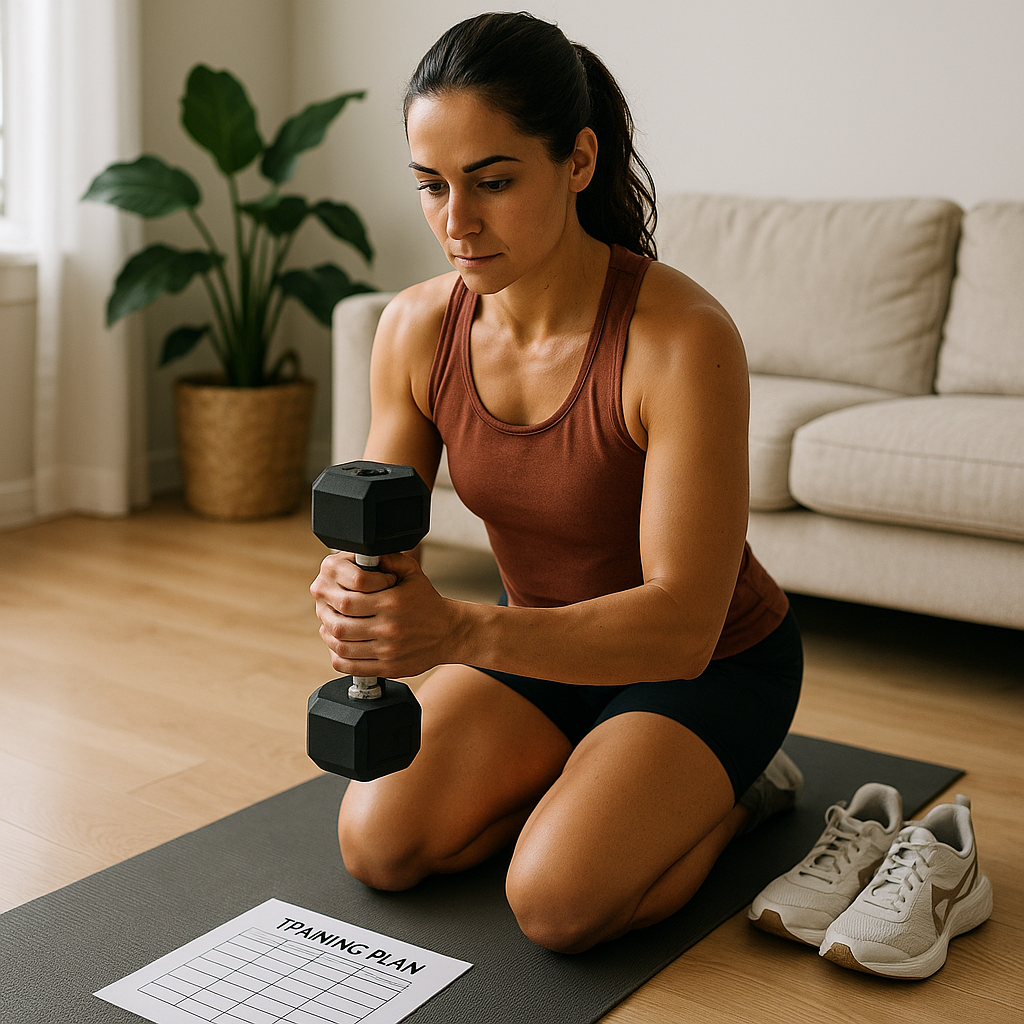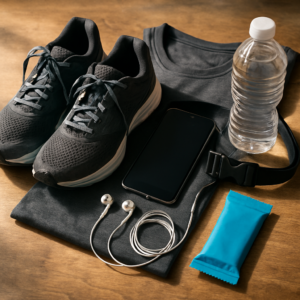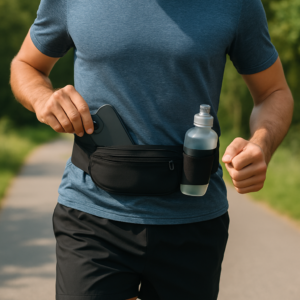Restorative Routines: The Importance of Recovery Days for Sustainable Fitness
# Restorative Routines: The Importance of Recovery Days for Sustainable Fitness
In our fast-paced world, where hustle culture often takes center stage, the significance of recovery days in fitness routines can easily be overlooked. Many people mistakenly believe that more exercise equals better results, leading to a relentless cycle of training without adequate rest. However, to achieve sustainable fitness, it’s crucial to recognize the power of recovery. This blog post delves into restorative routines, emphasizing the importance of recovery days, health benefits, nutrition tips, and exercise advice that can help you maintain a balanced and effective fitness journey.
## The Importance of Recovery Days
Recovery days are essential for anyone engaging in regular physical activity, whether you’re a seasoned athlete or just starting your fitness journey. These days allow your body to repair, rebuild, and strengthen itself after the stress of workouts. During exercise, especially resistance training, tiny tears occur in your muscle fibers. Recovery days give your body the time it needs to heal these tears, which is how muscles grow stronger and larger.
Additionally, recovery days help prevent injuries. Overtraining can lead to fatigue, decreased performance, and a higher risk of injuries such as strains and sprains. Incorporating rest days into your routine can help mitigate these risks, ensuring a more sustainable approach to fitness.
## Health Benefits of Recovery Days
1. **Muscle Repair and Growth**: Recovery days facilitate muscle repair and growth. After intense workouts, your body needs time to replenish energy stores and repair damaged tissues. This process is crucial for muscle hypertrophy and overall strength gains.
2. **Improved Performance**: Resting allows your body to adapt to the physical demands you’ve placed on it. Athletes often experience improved performance after recovery days, as they return to training feeling refreshed and stronger.
3. **Enhanced Mental Well-being**: Constantly pushing your limits can lead to burnout and mental fatigue. Recovery days provide a much-needed mental break, helping you to recharge and maintain your motivation for exercise.
4. **Hormonal Balance**: Overtraining can disrupt hormonal levels, leading to increased cortisol (the stress hormone) and decreased testosterone, which can hinder your fitness progress. Recovery days help restore hormonal balance, promoting better overall health.
5. **Injury Prevention**: Regularly scheduled rest days can help prevent overuse injuries, which can occur when the body is subjected to repetitive stress without adequate recovery.
## Nutrition Tips for Recovery
Nutrition plays a critical role in the recovery process. Here are some essential tips to consider:
1. **Stay Hydrated**: Water is vital for recovery. Dehydration can impair muscle recovery and performance. Ensure you drink enough fluids throughout the day, especially after workouts.
2. **Prioritize Protein**: Consuming protein after workouts helps repair and build muscle. Aim for a balanced intake of protein sources such as lean meats, fish, eggs, legumes, and dairy.
3. **Incorporate Healthy Carbs**: Carbohydrates are essential for replenishing glycogen stores depleted during exercise. Opt for whole grains, fruits, and vegetables to fuel your body.
4. **Include Anti-inflammatory Foods**: Foods rich in omega-3 fatty acids, such as salmon, walnuts, and flaxseeds, can help reduce inflammation and promote recovery. Additionally, leafy greens, berries, and spices like turmeric and ginger can be beneficial.
5. **Don’t Skip Healthy Fats**: Fats are essential for hormone production and overall health. Incorporate healthy fats from sources like avocados, nuts, seeds, and olive oil into your meals.
## Exercise Advice for Recovery Days
Recovery days don’t mean complete inactivity. Instead, you can engage in low-intensity activities that promote circulation and flexibility. Here are some exercise ideas for your recovery days:
1. **Light Cardio**: Activities like walking, cycling, or swimming at a gentle pace can increase blood flow and help with muscle recovery without placing additional stress on the body.
2















Post Comment